The limitations in electric power that make long flight impossible for today’s planes
From the popularization of electric cars to the boom in shared-ride companies that utilize electric power, the shift to more eco-friendly alternatives to fuel power has been a rising trend in the automotive industry. However, with so many electric power advancements in on-land vehicles, why is it that we don’t utilize the electric power of batteries for flight?
Currently, almost all commercial planes depend on jet fuel, also known as Aviation Turbine Fuel (ATF), for their trips. Jet fuel is made from liquid petroleum, and it is the basis of aircraft gas-turbine engines. Each day, 100,000 flights take off globally, and with planes such as the Boeing 747 consuming 1 gallon of fuel per 4 seconds, jet fuel consumption is soaring. In 2019 alone, 95 billion gallons of jet fuel were used (1). Within the same year, research showed that the aviation industry contributed 1 billion tons of CO2 to the atmosphere or 2.5% of total emissions (2).
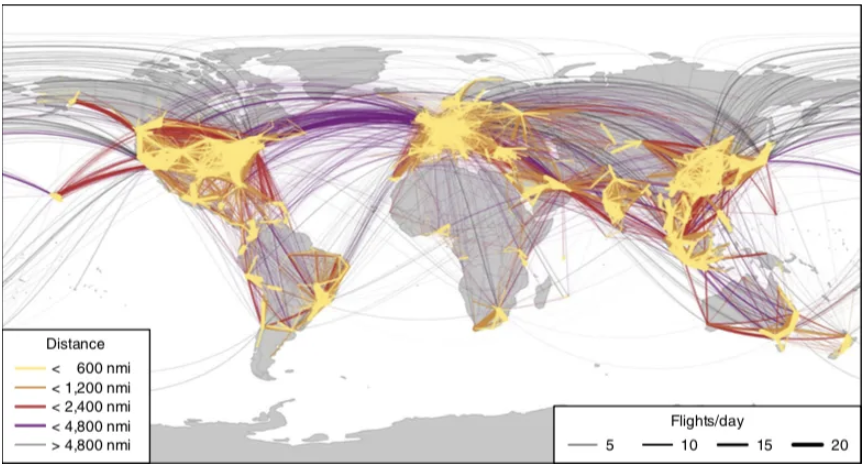
In order to offset the environmental impacts of jet fuel, many manufacturers are turning to batteries as a solution. The idea of using batteries in planes is not new; plane engineers and manufacturers have been playing with this idea since the 1970s when lithium batteries were accessible. Nevertheless, despite advancements, factors such as battery strength and legal approval remain barriers to the production of electric-powered flight (2).
The power of a source of energy is measured in specific energy or energy per unit of mass, and today’s most advanced battery can only hold 250 watt-hour (wh)/kilogram. In order for conventional airplanes to take off, they require a specific energy of 800 wh/kilograms in typical bursts of power. While today’s batteries need to be two to three times more powerful to fly a conventional plane, jet fuel provides 12,000 wh/kilogram of energy, surpassing the necessary limit; thus, jet fuel is able to support demanding flights that have heavier aircrafts or travel longer distances. In order to boost battery power, larger batteries would need to be used, resulting in heavier planes (2,4).
To increase battery power, engineers could develop larger batteries; unfortunately, the bigger the size of the battery, the bigger the combined mass of the battery and plane, and thus, the more energy that is required to carry the plane. As a result, engineers are stuck in a loop whereby the stronger a battery is, the more likely it will need an even stronger battery to offset its own mass. Thus, the biggest challenge currently is to optimize battery size and weight. Regardless, even if this technology is developed, newly designed vehicles will be required to undergo rigorous testing by the Federal Aviation Administration, which can take several years.
Currently, most engineering efforts are targeted toward shorter flights of less than 500 miles. Even though this seems limiting, almost half the tickets sold in 2019 were short distance flights (2,3). Ironically, short distance flights are more expensive for conventional airlines as airplanes are most efficient when cruising rather than taking off and landing in a short period of time. This inefficiency has led companies to not offer local flights, and thus cut out entire markets that depend on local, cheap air travel. Short-flight electric vehicles could offer just the solution; utilizing battery-powered planes for short flights could increase destinations for customers by 10 fold, and also, boost company profits. In addition, this shift would offset current short-flight environmental impacts, reduce airplane maintenance costs, and lower ticket prices (2,4).
Over the past decade, several companies have produced short-flight electric vehicles. For example, the company Pipistrel deploys its short-range electric aircraft as pilot trainers. Meanwhile, Harbor Air and Vancouver Canada have partnered with MagniX to convert their seaplanes to all-electric. Finally, companies such as Ampair are testing hybrid electric aircrafts that would use a combination of fuel and electric energy and reduce fuel burn by 75% (2).
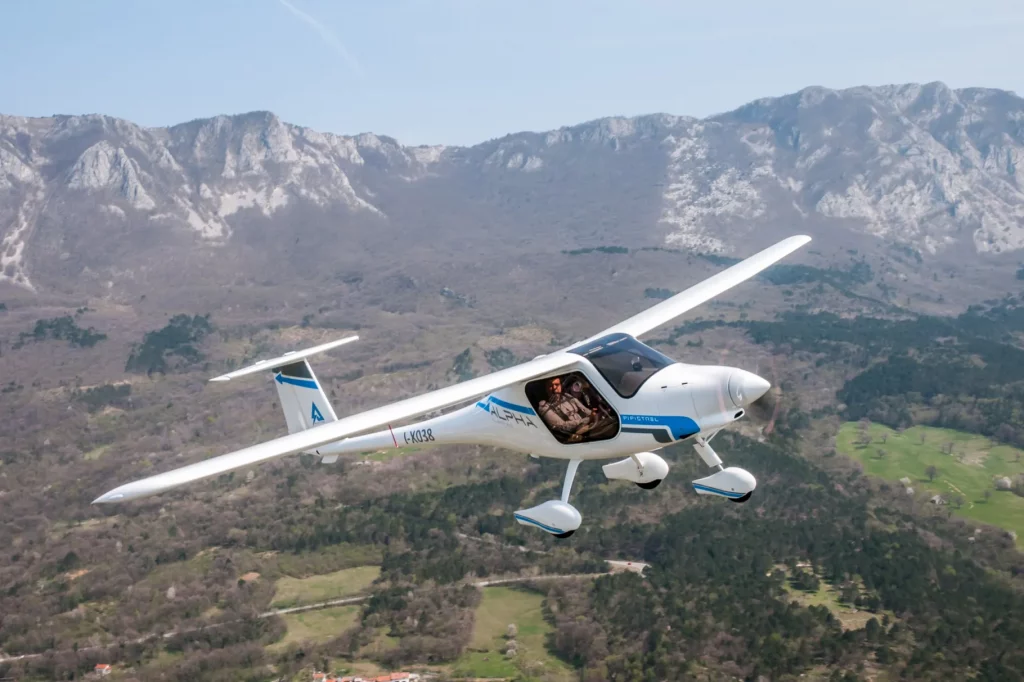
With battery technology improving, countries and manufacturers alike are dreaming big about the future of the aviation industry. For example, Norway is just one of the few countries committing to turn all their flights under 90 minutes to electric or hybrid by 2040 (2,3). Morgan Stanley estimates that interest in air travel could surpass the interest of in-ground travel and grow as a market to 1.5 trillion by 2040 (2). Transportation companies also have high hopes; Rolls Royce and Uber see on-demand vertical flight as the successor of in-land transportation. A future where you can call a small plane from your phone could be a lot closer than we imagine.
Bibliography:
- How much fuel does the Jumbo Jet Burn? FlightDeckFriend.com | Pilot Jobs | Flight Training | Aspiring Pilots. (2021, January 19). Retrieved April 24, 2022, from https://www.flightdeckfriend.com/ask-a-pilot/how-much-fuel-does-a-jumbo-jet-burn/#:~:text=The%20four%20engines%20of%20the,of%20about%207%2C790%20nautical%20miles.
- YouTube. (2020). Why We Still Don’t Have Electric Planes. YouTube. Retrieved April 24, 2022, from https://www.youtube.com/watch?v=41-4BVprL50.
- YouTube. (2020). Inside The $4 Million All-Electric Plane. YouTube. Retrieved April 24, 2022, from https://www.youtube.com/watch?v=iXj15C3-YD4.
- Irfan, U. (2019, March 1). Forget cars. we need electric airplanes. Vox. Retrieved April 24, 2022, from https://www.vox.com/2019/3/1/18241489/electric-batteries-aircraft-climate-change
- Velis Electro is for You because you are looking for … Pipistrel Aircraft. (n.d.). Retrieved April 24, 2022, from https://www.pipistrel-aircraft.com/aircraft/electric-flight/velis-electro-easa-tc/
Images:
- https://www.youtube.com/watch?v=iXj15C3-YD4.
- https://www.vox.com/2019/3/1/18241489/electric-batteries-aircraft-climate-change

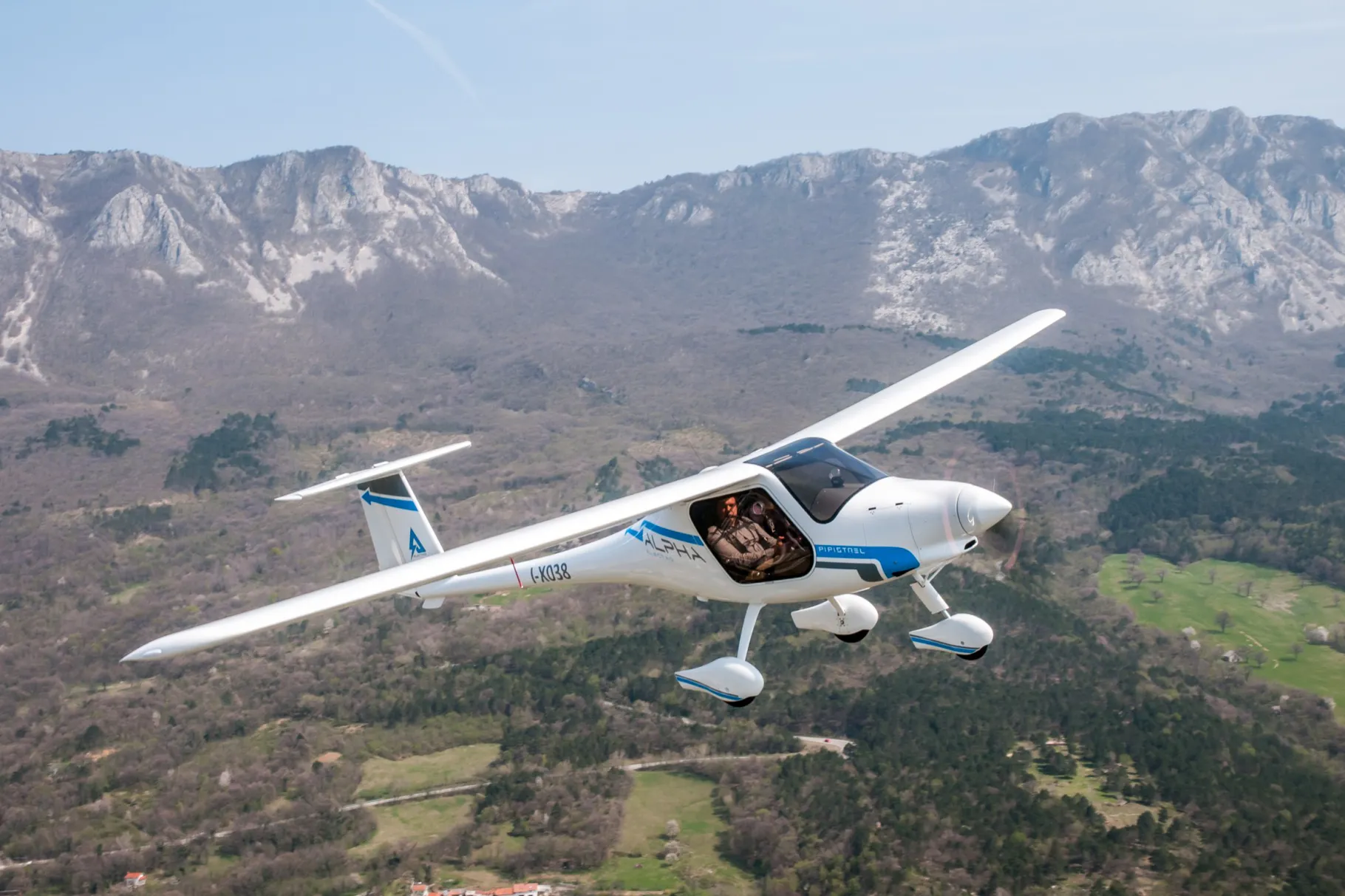

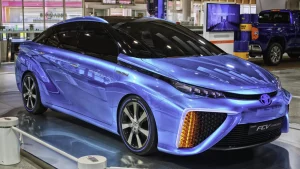

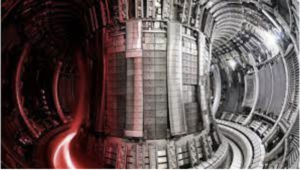

Comments are closed.